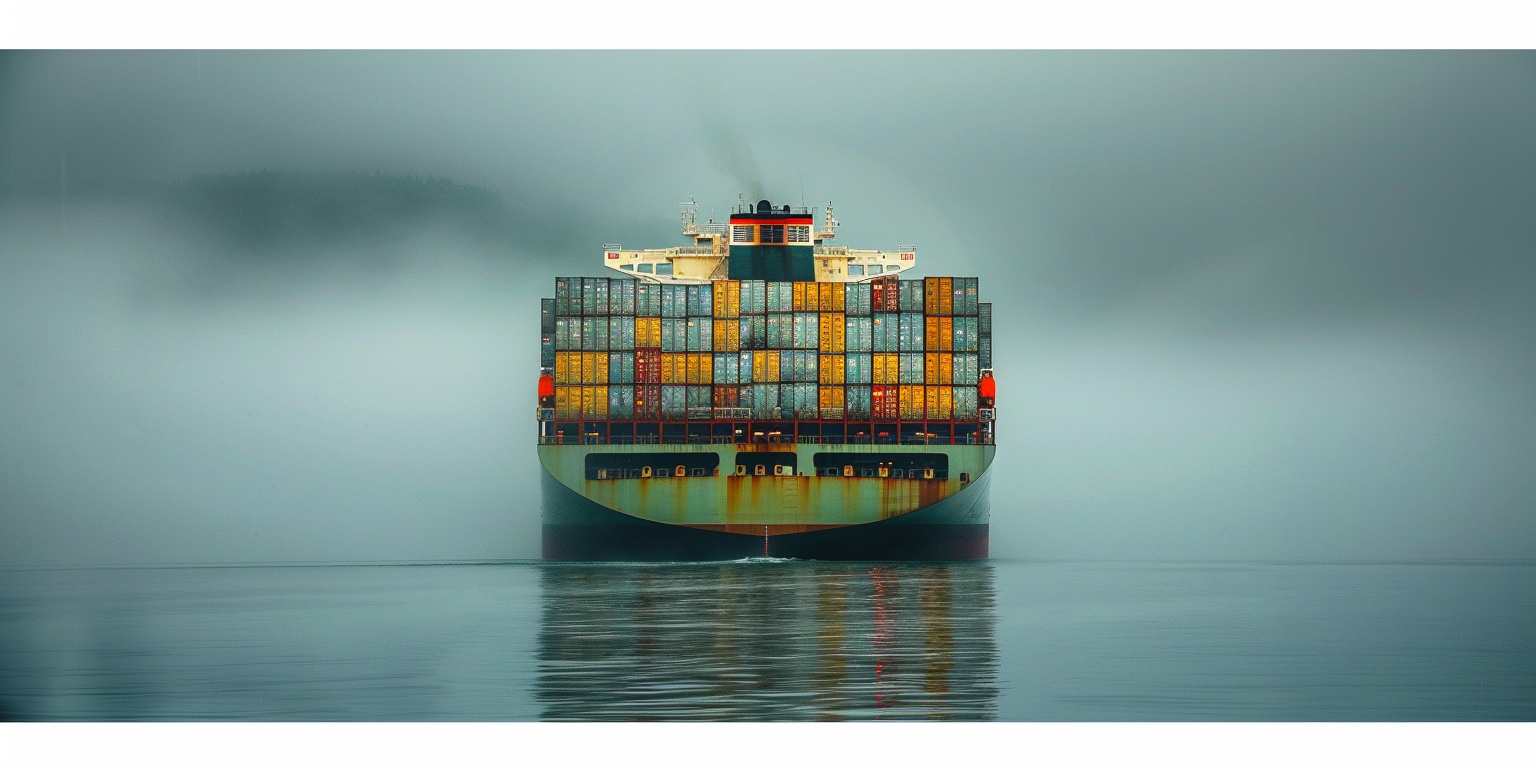Incoterms in a Nutshell
 In the world of international trade, clarity is crucial. Misunderstandings between buyers and sellers about their respective responsibilities can lead to delays, added costs, and legal disputes. This is where Incoterms come into play. Short for International Commercial Terms, Incoterms are a set of standardized trade terms published by the International Chamber of Commerce (ICC). They help traders define who is responsible for the shipment, insurance, documentation, and other logistical aspects of a transaction. In this blog, we’ll break down Incoterms into a digestible format, ensuring you’re equipped with the essentials for your next international trade deal.
In the world of international trade, clarity is crucial. Misunderstandings between buyers and sellers about their respective responsibilities can lead to delays, added costs, and legal disputes. This is where Incoterms come into play. Short for International Commercial Terms, Incoterms are a set of standardized trade terms published by the International Chamber of Commerce (ICC). They help traders define who is responsible for the shipment, insurance, documentation, and other logistical aspects of a transaction. In this blog, we’ll break down Incoterms into a digestible format, ensuring you’re equipped with the essentials for your next international trade deal.
What Are Incoterms?
Incoterms are a globally recognized set of rules that define the responsibilities of buyers and sellers in international transactions. First published in 1936 and periodically updated, the latest version, Incoterms 2020, includes 11 terms divided into two categories: those applicable to any mode of transport and those applicable only to sea and inland waterway transport.
Incoterms for Any Mode of Transport
- EXW (Ex Works)
- Seller’s Responsibility: Make the goods available at their premises.
- Buyer’s Responsibility: All costs and risks from the seller’s location to the final destination.
- FCA (Free Carrier)
- Seller’s Responsibility: Deliver goods to a carrier or another party at an agreed-upon location.
- Buyer’s Responsibility: Transport costs and risks from the point of delivery onward.
- CPT (Carriage Paid To)
- Seller’s Responsibility: Pay for carriage to the named place of destination.
- Buyer’s Responsibility: Risk transfers to the buyer once goods are handed over to the carrier.
- CIP (Carriage and Insurance Paid To)
- Seller’s Responsibility: Pay for carriage and insurance to the named place of destination.
- Buyer’s Responsibility: Risk transfers to the buyer once goods are handed over to the carrier.
- DAP (Delivered at Place)
- Seller’s Responsibility: Deliver goods to a named place, ready for unloading.
- Buyer’s Responsibility: Unloading and import duties.
- DPU (Delivered at Place Unloaded)
- Seller’s Responsibility: Deliver and unload goods at the named place.
- Buyer’s Responsibility: Import duties.
- DDP (Delivered Duty Paid)
- Seller’s Responsibility: Deliver goods to the named place, including import duties and taxes.
- Buyer’s Responsibility: Minimal, as the seller covers most costs.
Incoterms for Sea and Inland Waterway Transport
- FAS (Free Alongside Ship)
- Seller’s Responsibility: Place goods alongside the vessel at the port of shipment.
- Buyer’s Responsibility: All costs and risks from this point onward.
- FOB (Free on Board)
- Seller’s Responsibility: Load goods on the vessel.
- Buyer’s Responsibility: Costs and risks from this point onward.
- CFR (Cost and Freight)
- Seller’s Responsibility: Pay for transportation to the destination port.
- Buyer’s Responsibility: Risk transfers once goods are loaded on the vessel.
- CIF (Cost, Insurance, and Freight)
- Seller’s Responsibility: Pay for transportation and insurance to the destination port.
- Buyer’s Responsibility: Risk transfers once goods are loaded on the vessel.
Choosing the Right Incoterm
Selecting the appropriate Incoterm depends on various factors, including the nature of the goods, the level of risk each party is willing to assume, and the specific logistical arrangements agreed upon. For instance, sellers preferring to minimize their obligations might opt for EXW, while those looking to offer a more comprehensive service might choose DDP.
Conclusion
Understanding Incoterms is essential for anyone involved in international trade. They provide a common language and set of expectations that can help avoid costly misunderstandings and disputes. By familiarizing yourself with these terms, you can ensure smoother, more efficient transactions, whether you’re importing or exporting.
For more information, you can reach us at 888-346-4688 or by email at sales@stayonline.com.
